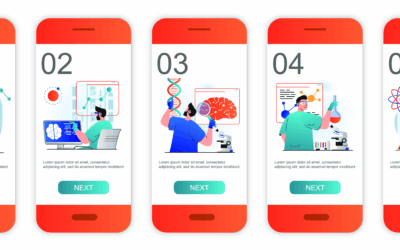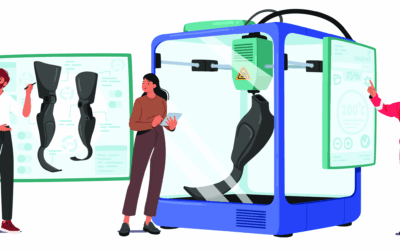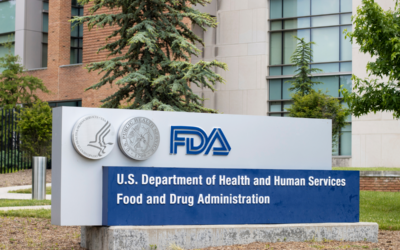The integration of Artificial Intelligence (AI) and Machine Learning (ML) into medical devices is revolutionizing healthcare, unlocking unprecedented opportunities in diagnostics, treatment, and patient care. Yet this swift technological advancement introduces complex...
FDA Guidance on Human Factors and Usability Engineering for Medical Devices
Human factors studies and usability engineering are critical elements in the safe, effective, and user-centered design of medical devices. These disciplines ensure that devices are intuitive, reduce the likelihood of use errors, and support positive patient outcomes....
FDA-Compliant Label Comprehension Studies for OTC Drug & Device Clearance
FDA-compliant label comprehension studies are a critical part of the U.S. Food and Drug Administration (FDA) clearance process for over-the-counter (OTC) drugs and medical devices. These studies help ensure that consumers can safely and effectively use nonprescription...
FDA Risk Analysis for Your Medical Devices: What You Need to Know Now
FDA Risk Analysis, including Use-Related Risk Analysis (URRA), is no longer optional—it’s essential for medical device compliance. This guide explains URRA, why it’s vital for FDA submissions, and how to initiate effective risk management early in device development....
Survey Design Best Practices: Creating Usable Surveys
What are Survey Design Best Practices? Survey design best practices are proven principles and guidelines that ensure a survey is user-friendly, inclusive, and scientifically sound. They include structuring questions in a logical,...
User Comprehension Study Supports FDA Clearance of a Direct-to-Consumer Celiac Disease Genetic Health Risk Test
Ann Arbor, MI – February 21, 2025 – SoundRocket, a leader in user comprehension research for regulated medical and diagnostic devices, is proud to announce its role in securing FDA clearance for the GlutenID Celiac Genetic Health Risk (GHR) Test (K241456), developed...
From Academia to the FDA: How SoundRocket Launched into Regulatory Research
Our Rocket’s Unexpected Trajectory When we founded SoundRocket (then known as Survey Sciences Group, LLC) in 2004, we had no idea we’d one day be playing a critical role in regulatory health communications research. Our roots were firmly planted in academic social...
Best Practices for Questionnaire Design
Introduction Questionnaire design is a cornerstone of survey research. It guides the development of questions, structures the survey, and ensures it achieves the intended research objectives. Strong design enhances the validity and reliability of the data collected in...
The Role of a CRO in Medical Device Regulatory Compliance
Navigating FDA regulatory compliance for medical devices is a multifaceted challenge that demands precision, expertise, and seamless collaboration. For medical device regulatory consultants and compliance-focused professionals, partnering with a specialized Contract...









